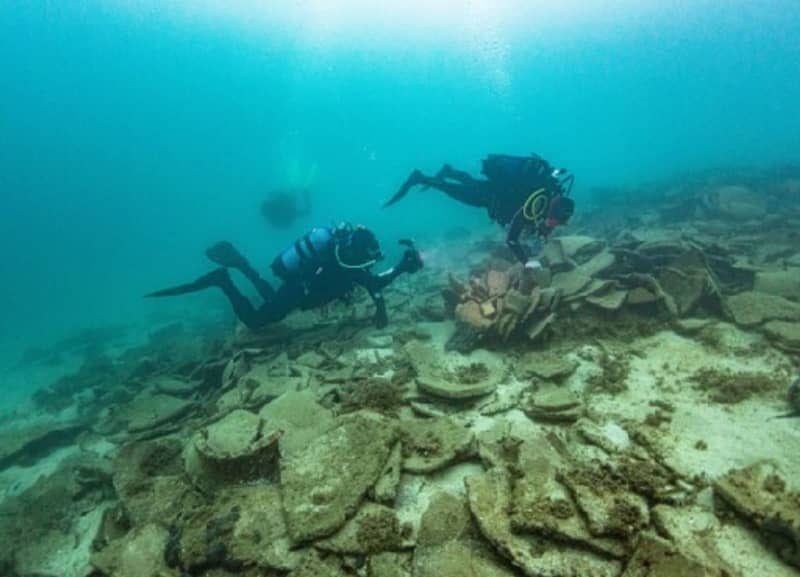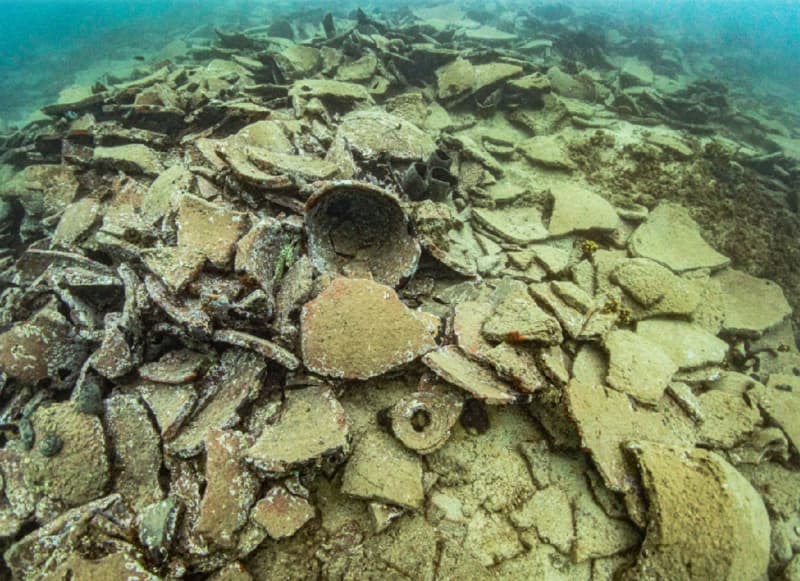Greece now letting divers explore relics in three ancient shipwrecks

Amateur divers are now allowed to explore three incredible shipwrecks off central Greece, filled with artefacts from antiquity and the Roman and Byzantine eras, local officials have announced.
Licensed local crews will accompany the divers and monitor them as they check out the treasure, at the sites near Volos in the Pagasetic Gulf. Past shipwrecks have yielded bronze armour, marble statues, ceramics, gold jewellery and silver coins.
The Aegean is full of wrecks from antiquity, with too many on the seabed to count. These are monitored by the coastguard and you can be arrested for any unauthorized diving near the wrecks. The authorities are worried that valuable artefacts like amphorae might be stolen.
Up until now, only trained archaeologists and other experts were allowed to visit the three subterranean museums and even they needed special permission.
But the Greek Culture Ministry's announcement at the end of February comes after the authorities set up a supervised test project near the island of Alonissos, which has been running smoothly since 2019, the ministry says.
So treasures await for divers and the ministry alike, with the latter set to profit from the lucrative tourism.


